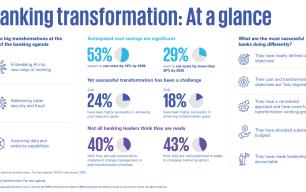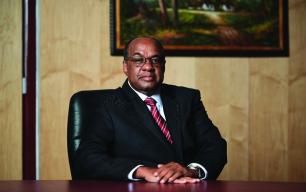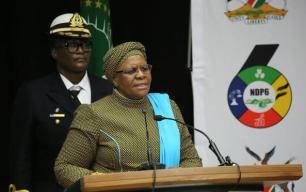Electricity tariff increase draws political backlash

By Patience Makwele
The Electricity Control Board (ECB) on Tuesday approved a 3.8 % increase in NamPower’s bulk electricity tariff for the 2025/2026 financial year, significantly lower than the 17.44 % originally requested by the power utility.
The adjusted tariff will see electricity rates rise from N$1.9856 to N$2.06 per kilowatt-hour (kWh), effective 1 July 2025, and remains applicable until 30 June 2026.
Despite the reduction from NamPower’s initial request, the announcement prompted a wave of criticism, most prominently from the opposition Popular Democratic Movement (PDM), which condemned the increase as both “glaring and distorting” and reflective of a government “disconnected… from the daily, lived realities of ordinary Namibians.” In a statement issued on Wednesday, PDM challenged the ECB’s decision, calling into question the rationale for any increase given the country’s economic struggles.
“The PDM believes that this represents yet another bitter reminder of how disconnected the government of the day and its institutions are from the daily, lived realities of ordinary Namibians,” read the statement. NamPower had defended its application by citing increased operational costs, a need for infrastructure upgrades, and long-term financial sustainability. The ECB following deliberations in April and May, granted a smaller increase after assessing the potential impacts on GDP, consumer affordability, and system reliability.
The regulator insisted that the final adjustment was “below inflation” and would have “minimal impact,” characterising the approval as a compromise between the needs of the utility and the economic pressures facing consumers. However, PDM dismissed that justification outright, stating, “while NamPower initially requested for a 17.44% increase, the 3.8% increase is certainly not a compromise.”
The party underscored that for many Namibians, even a marginal increase in the cost of electricity translates into an unaffordable burden. “The PDM has long been on record in stating that for the average Namibian household, even a cent more per kilowatt-hour is a cent too much in the current economic climate,” the statement continued. PDM emphasized the toll such increases take on vulnerable demographics. “This increase is meant to push electricity from N$1.98 to N$2.06 per unit. For the more vulnerable in our society, such as pensioners, low-income families, informal traders, rural schools, and even small businesses, it’s the difference between light and darkness!”
The party also took aim at the ECB’s economic logic, calling it flawed and dismissive of the real burden carried by Namibians.
“The ECB claims that the increase is ‘below inflation’ and will have a ‘minimal impact.’ This logic is deeply flawed as it assumes that because inflation is worse, we should accept this burden quietly,” said the party. “Inflation is not a justification for making life harder for the everyday Namibian, it is the very reason the government should be doing more to ease pressure on households, not less.”
Highlighting concerns over the ECB’s own admission that the increase would “slightly negatively impact GDP growth,” the PDM argued that such language minimizes a critical economic issue. “This is more than a ‘slight’ concern. Electricity is not a luxury; it is a basic need and a key driver of economic growth. Every cent added to the cost of power makes it harder for small enterprises to survive, for schools to operate, and for the over 50% of unemployed youth to access already scarce opportunities.”
In its closing remarks, the PDM called for an urgent government review of the ECB decision and a full audit of NamPower’s internal practices. “The government has a responsibility to ensure public utilities serve the people, not drain them.
Instead of protecting Namibians from corporate inefficiencies and poor planning, the government has once again passed the cost of inaction onto the already vulnerable in our society, and has done so at the beginning of the winter season.”
“The PDM thus calls on the government to urgently step in and review this decision. Electricity must remain affordable and accessible. We demand transparency on how NamPower uses its revenue and whether cost-saving reforms have been exhausted before turning to the people’s pockets.”
Meanwhile, the ECB has moved forward with its planned public engagement process, scheduling consultations across the country with distribution licensees in early June. These sessions, taking place in cities including Windhoek, Keetmanshoop, Walvis Bay, and Oshakati, will allow licensees to explain and justify their own tariff proposals to consumers ahead of retail rate changes scheduled for July.
During the announcement, ECB Chief Executive Officer Robert Kahimise explained that the approved 3.8% will receive a financial support of N$283 million from the Namibian government. “Regarding the impact of the approved bulk tariff on the economy, with the tariff increasing at 3.8%, below the current inflation rate of 4.2% (March 2025), it is expected that the tariff adjustments will have minimal impact on future inflation as well as on prices of goods and services. But it will slightly impact the GDP growth as electricity costs are a component of the inflation calculation,” he stated,
Kahimise further stated that the decision considers the economic realities facing consumers and the financial sustainability of the calculation.
- 200 views










Comments